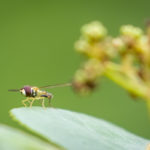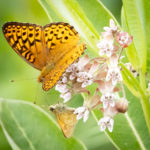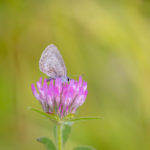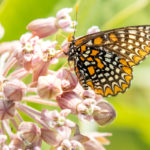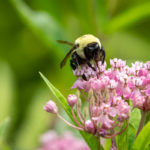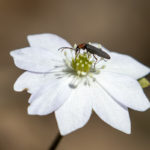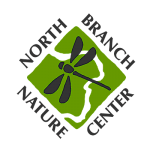Native Pollinators: Natural History, Ecology, and Conservation
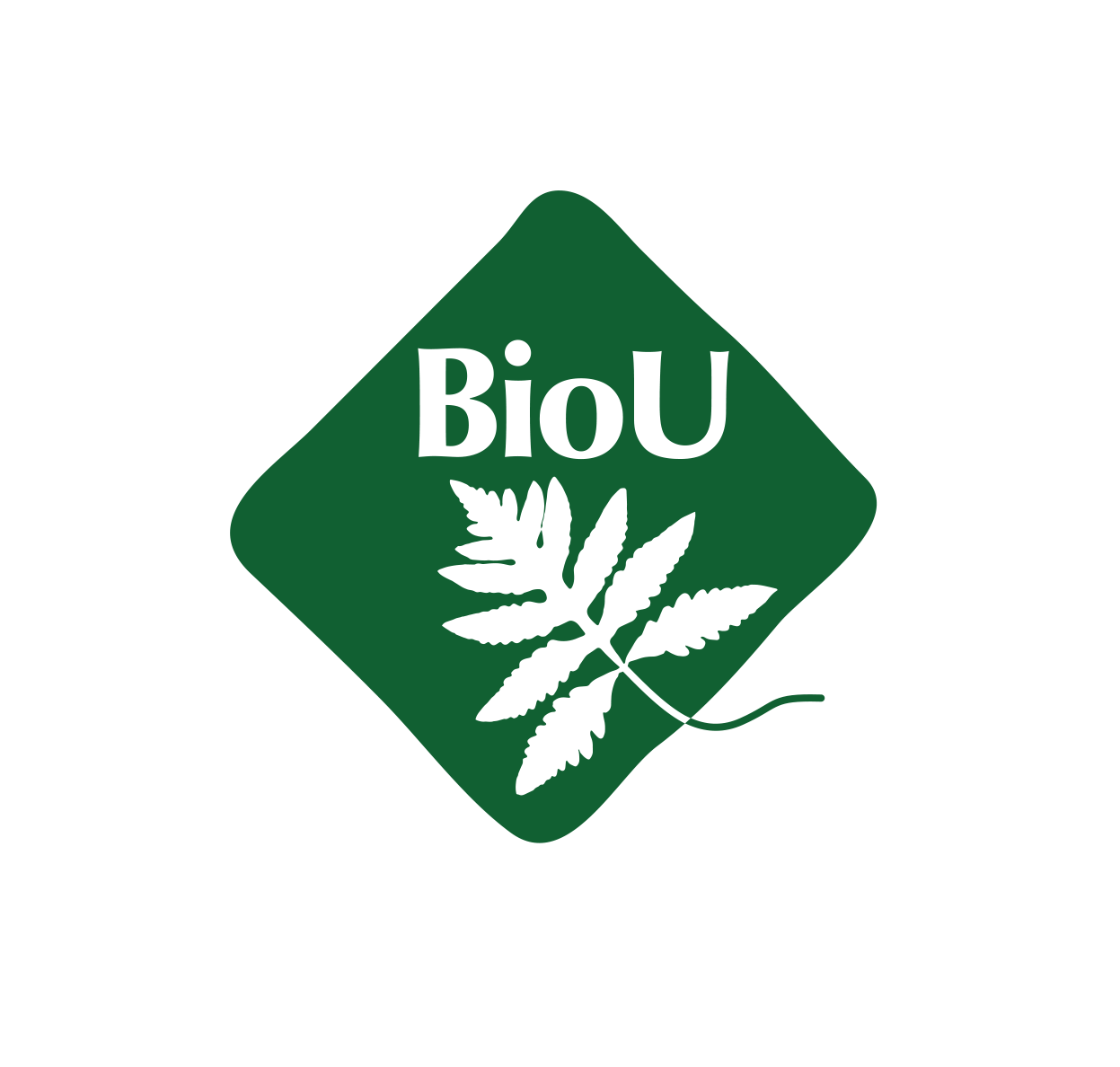
Instructor: Jason Mazurowski
June 18 - 19, 2022 | $265
Course size: 12 students
Please Contact Us to request scholarship assistance
W
hen it comes to pollination, honeybees get all the attention, but the vast majority of the work is credited to a diverse group of organisms that call New England home. There are over 300 species of native bees in Vermont alone, and they are responsible for pollinating ~80% of flowering plants and ~66% of our food crops. Not to mention dozens of species of butterflies, thousands of species of moths, myriad wasps, beetles, flies, birds, and microorganisms that all take part in the complex ecology of plant reproduction.
Reports of rapidly declining pollinator populations in recent decades have spurred a worldwide movement to restore habitat, promote biodiversity, and integrate pollinator conservation into urban, suburban, and agricultural areas. This course will provide an introduction to pollination ecology, an overview of the natural history of each major group of New England’s pollinators, and the skill sets needed to be a part of the solution including field methods and conservation strategies.
Course Objectives
- Become familiar with New England's native pollinators and their basic biology and ecology.
- Explore the diversity of New England’s native bees.
- Discuss the differences between domesticated honeybees and native pollinators.
- Develop an understanding of the ecological, economic, and social benefits provided by pollinators.
- Learn basic field identification skills.
- Practice standard monitoring procedures and field methods.
- Discuss the current state of pollinator populations, and implications for the future.
- Learn strategies for pollinator conservation such as habitat establishment and maintenance.
About the Instructor(s)
Jason Mazurowski is an ecologist, naturalist, and adjunct instructor at the University of Vermont where he teaches courses in native pollinator conservation and field ecology. Each summer, he is contracted by UVM’s Gund Institute to study native bee populations on farms and solar fields throughout the state. Jason's curiosity draws him to the mountains of northern New England, where he can often be found on long runs through the boreal forest. In the winter months – when flying insects are hard to come by – he spends much of his time baking bread or skiing along the Catamount Trail. Jason earned bachelor’s degrees in geology and environmental studies from SUNY Buffalo, and a master’s degree from the University of Vermont’s Field Naturalist Program.
Recommended Reading
Field Guides:
I highly recommend Pollinators of Native Plants: Attract, Observe, and Identify Pollinators and Beneficial Insects with Native Plants by Heather Holm. It is the single greatest resource that I know of for pollinator conservation in the Eastern U.S. It is organized by plant species and habitat, full of illustrations, diagrams, and photos geared toward all experience levels. It has a permanent place in my backpack, and I never go into the field without it.
Common Bees of Eastern North America by Olivia Messinger Carril and Joseph S. Wilson. This is the first real field guide to native bees that does not require the use of a microscope. Bees are notoriously difficult to ID in the field and this highly anticipated guide includes keys, photos, range maps and field marks to help make native bee ID more accessible to the general public.
Books:
Nature’s Best Hope by Doug Tallamy
While we will spend time discussing each group of native pollinators, the majority of our focus will be on native bees. For a broader look into the other groups of pollinators and their role in biodiversity conservation, Doug Tallamy is the current leading authority on the subject. This book looks at moths and butterflies in particular, and their ecological roles as a primary food source for birds and other wildlife.
Buzz by Thor Hanson
The most engaging book I have ever read about pollinators and pollination. There is a strong focus on biology and natural history, with some amazing insight into our cultural ties to bees.
Bumblebee Economics by Bernd Heinrich
Bumblebees are a fascinating and charismatic genus, however, we will only scratch the surface on their fascinating biology and life history. For those who are left wanting to learn more, Bernd Heinrich’s groundbreaking account of their ecology and bioenergetics is the best resource out there.
Other Resources
A great resource by the Museum of the Earth featuring many of the visuals I will be using throughout the course can be found here.
UNH Extension’s overview of New England’s “Super 7” pollinators can be found here.
Meals
We will provide coffee, tea, and light breakfast fare (pastries, etc.) each morning. Participants should bring their own lunches and snacks.
Timing
Course begins 9 AM on Saturday at North Branch Nature Center. Course begins on Sunday at a time of the instructors' choosing. Course concludes by 5 PM on Sunday.
Academic Credit / Professional Development
This course may qualify for 1 graduate-level credit for an additional $200 course fee. All BioU courses are accredited by Castleton University. Participants interested in receiving credit must contact us at least 2 months in advance so we have time to arrange course accreditation.
It is the student’s responsibility to ensure that home institutions will accept the credit. Participants pursuing academic credit will be required to complete an additional assignment above and beyond the course hours, including literature review, reflective writing, or a field-based project.
This course qualifies for 20 hours of professional development hours and continuing education units. Certificates of completion are provided at the conclusion of the course.
Cancellation Policy
While we realize that unexpected circumstances arise that are out of our control, North Branch Nature Center cannot guarantee refunds for registrations cancelled within 30 days of the course. If a cancellation occurs within this window, NBNC will attempt to fill the space from our wait list and provide a full refund. Exceptions to this policy may be granted in the event that cancellation is due to COVID-19 concerns.
